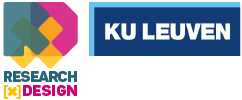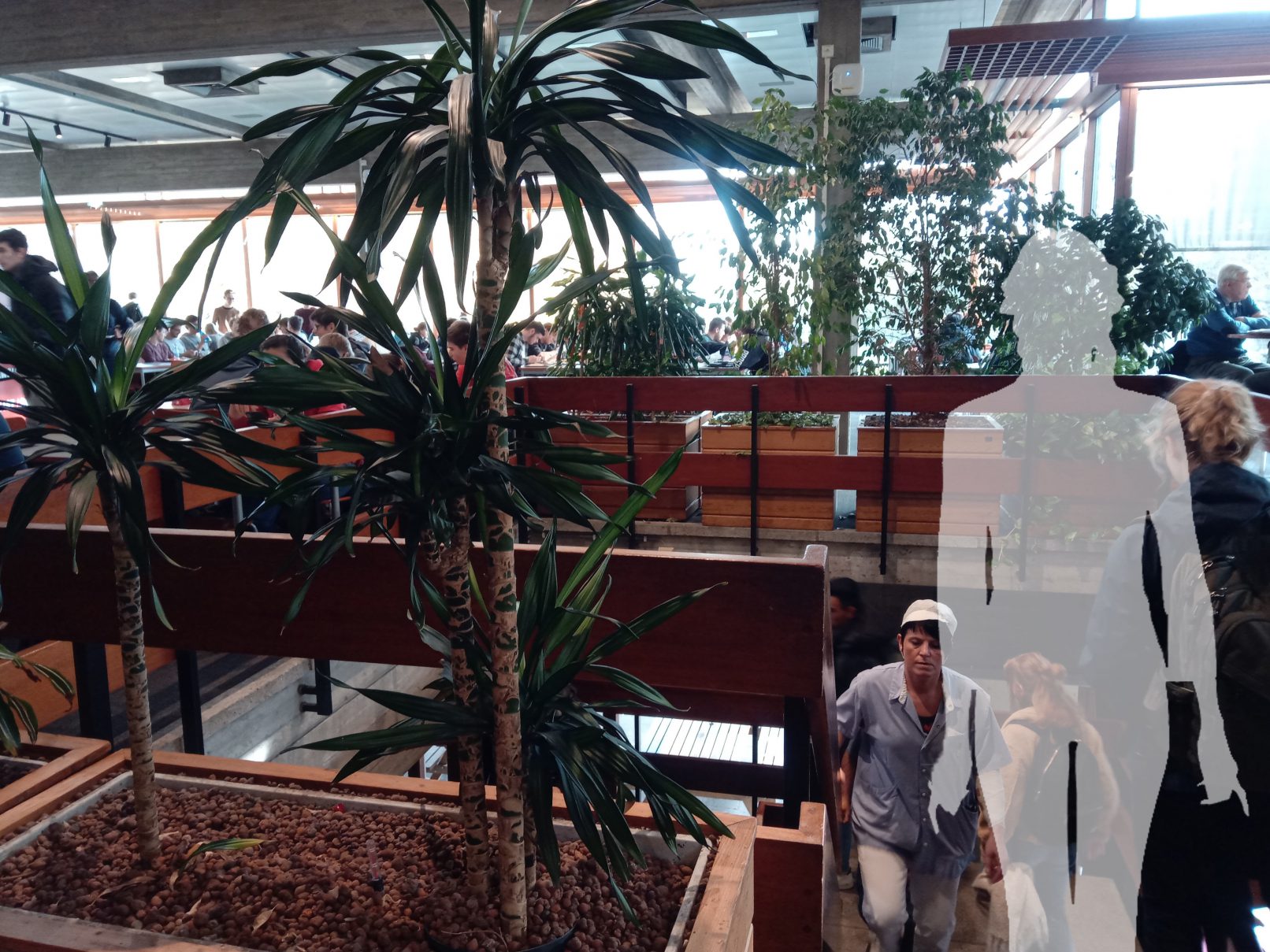Rent-a-Spatialist
Through their bodily interaction with the built environment, disabled people are able to detect obstacles and appreciate spatial qualities architects are not attuned to. In architectural practice, however, accessibility of buildings often is considered as a matter of fact, as something people are detached from, taken care of by professionals, instead of something people are exposed or attached to. Legislation translates accessibility into facts by fixing minimum or maximum dimensions, which can be objectively measured by professional accessibility advisors, but offers architects little insight in why a building feature may be problematic or appreciated. Rendering accessibility to the realm of matters of fact thus limits the scope in which disability can be considered a valuable source for design. In this context, we advance a consulting service that mobilizes disabled people’s spatial experience to inform architects on how to make a particular building or site more inclusive, i.e. respectful of the diversity in people’s abilities and conditions. The idea to be taken to proof of concept is that this consulting service can be marketed commercially to inform architects and other relevant actors in the design and building process. Such a service is expected to contribute to a more inclusive built environment, and to empower disabled people by starting from their strengths.
Publications
- Heylighen, A. (2020). How can different kinds of minds inform campus design? Reflections on a field experiment. Presented at the SENSING SPACES, PERCEIVING PLACE - ANFA 2020 Conference, on-line, 14-25 Sep 2020.
Heylighen, A., Schijlen, J., Van der Linden, V., Meulenijzer, D., Vermeersch, P. (2016). Socially Innovating Architectural Design Practice by Mobilising Disability Experience. An Exploratory Study. Architectural Engineering and Design Management, 12(4), 253-265
- Heylighen, A. (2016). Building upon disability experience. In: Achten V., Bouckaert G., Schokkaert E. (Eds.), 'A Truly Golden Handbook': The Scholarly Quest for Utopia. Leuven: Leuven University Press
- Vermeersch, P., Heylighen, A. (2015). Mobilizing disability experience to inform architectural practice. Lessons learned from a field study. Journal of Research Practice, 11 (2), art.nr. M3, 1-27
- Heylighen, A., Vermeersch, P. (2015). Mobilizing disability experience to inform architectural education. Lessons learned from a field experiment. Raising Awareness for the Societal and Environmental Role of Engineering and (Re)Training Engineers for Participatory Design (Engineering4Society). Engineering 4 Society. Leuven, 18-19 June 2015 (pp. 51-58), IEEE
- Heylighen, A., Nijs, G. (2011). Studying (Architecture) in Dialogue with Disability. Reflections on the Public Role of the University. In: Simons M., Decuypere M., Vlieghe J., Masschelein J. (Eds.), Curating the European University. Leuven: Leuven University Press, 9-16
- Heylighen, A. (2012). Inclusive Built Heritage as a Matter of Concern: A Field Experiment. In: Langdon P., Clarkson P., Robinson P., Lazar J., Heylighen A. (Eds.), Designing Inclusive Systems, Chapt. 21. London: Springer-Verlag, 207-216
- Heylighen, A. (2013). Transferring disability experience to design practice. In Nimkulrat, N. (Ed.), Niedderer, K. (Ed.), Evans, M. (Ed.), Knowing Inside Out - experiential knowledge, expertise and connoisseurship. EKSIG 2013. Loughborough University, 4-5 July 2013. Loughborough: Loughborough University



